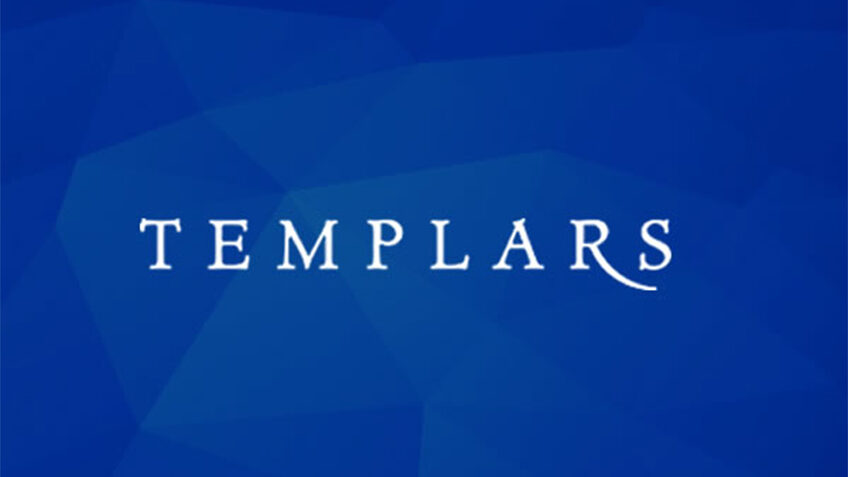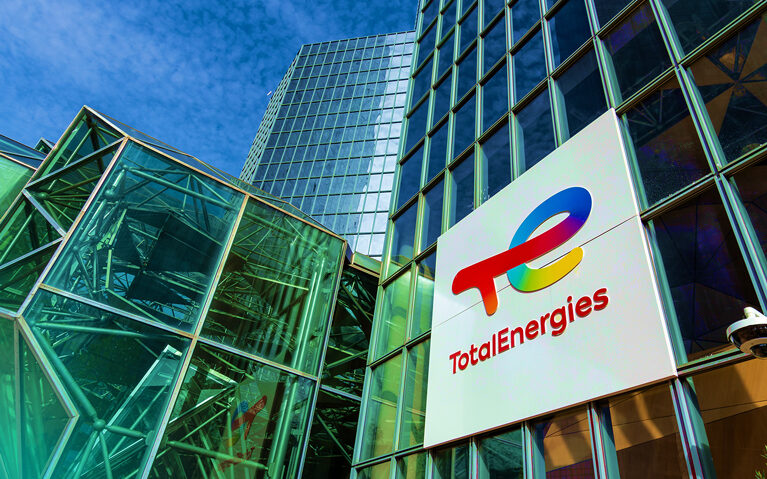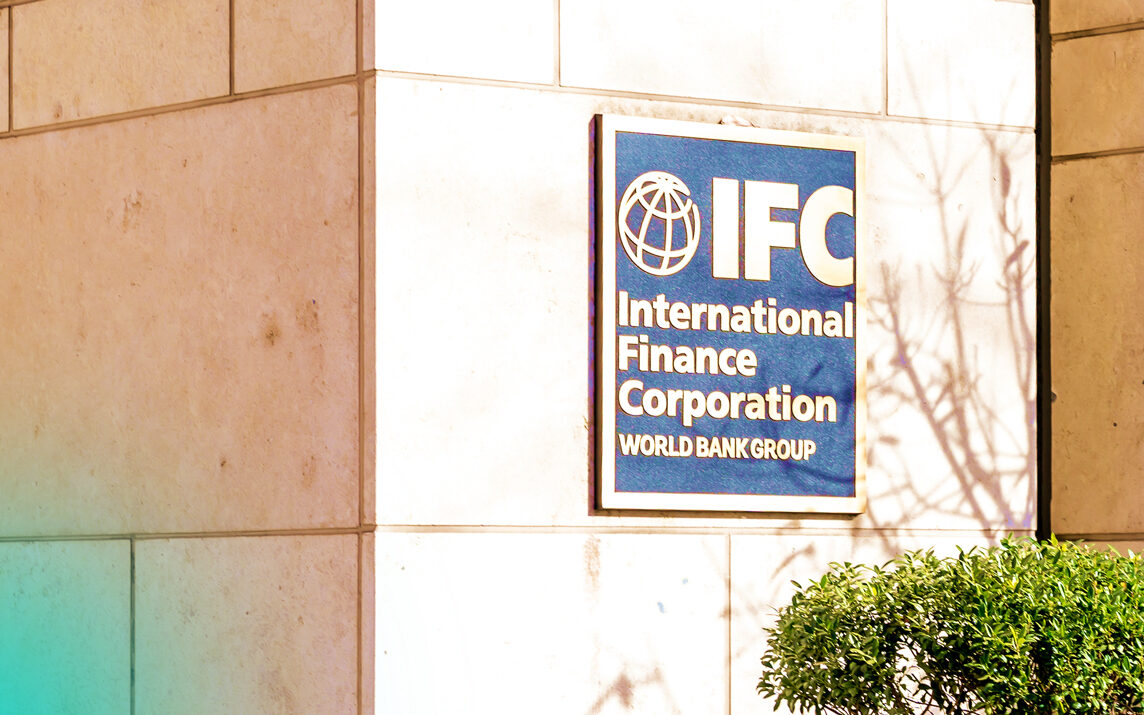On 17 March 2015 in Lagos, the Tax Appeal Tribunal (“TAT”) delivered a landmark judgment in favour of Total Exploration & Production Nigeria Limited (Total) on the tax deductibility of gas flare fees paid by Total to the Nigerian Government. The judgment resulted from an appeal filed by Total against the decision of the Federal Inland Revenue Service (“FIRS”) to not recognize as tax deductible gas flare fees paid by Total to the Nigerian Government during the 2006, 2007 and 2008 fiscal years.
This judgment which resulted in a tax saving of over US$3.7 million for Total is particularly significant because it established that the absence of a certificate of permission to flare gas from the Minister of Petroleum does not necessarily render gas flare fees incurred by an oil producer non-deductible for tax purposes.
Under the Associated Gas Re-Injection Act (the “AGRA”), gas flaring is prohibited in Nigeria except with the written permission of the Minister of Petroleum and subject to the payment of certain gas flare fees prescribed by the AGRA. According to the AGRA, the Minister may issue a certificate to the relevant company stating the conditions of the permission and applicable fees.
In its case before the TAT, the FIRS argued that because Total had not received the certificate referred to in the AGRA, Total did not have the permission of the Minister of Petroleum to flare gas in the relevant years and, for that reason, any gas flare payments made by the company to the Government in those years were non-deductible as the gas flaring activities were illegal.
On the strength of representations made on Total’s behalf by Templars, the TAT concluded that the non-issuance of the certificate of permission was not fatal to Total’s case. The TAT further concluded that the gas flare fees in question qualified as expenses wholly, exclusively and necessarily incurred by Total in connection with its petroleum operations and they were therefore tax deductible under the Petroleum Profits Tax Act (“PPTA”). According to the TAT:
(i) the issuance of the certificate is not a mandatory but a discretionary requirement for gas flaring under the AGRA;
(ii) the issuance of a certificate is not a condition for the deductibility of costs under the Petroleum Profits Tax Act;
(iii) the Minister’s written permission of Total’s gas flaring could be inferred from the series of reconciliation meetings and letters between the Department of Petroleum Resources (which is the regulatory arm of the Ministry of Petroleum);
(iv) the Minister had accepted the gas flare fees paid by Total in the relevant years without question; and
(v) Total’s gas flaring activities in the relevant years were not illegal, and that the Minister has not applied any sanctions against Total for the flaring.
The Templars team on the matter was led by Adewale Atake, Partner and Head of Dispute Resolution and Dipo Komolafe, Partner and Head of Tax, who were assisted by Managing Counsel Igonikon Whyte, and Associates Zion Adeoye and Sesan Sulaiman.



